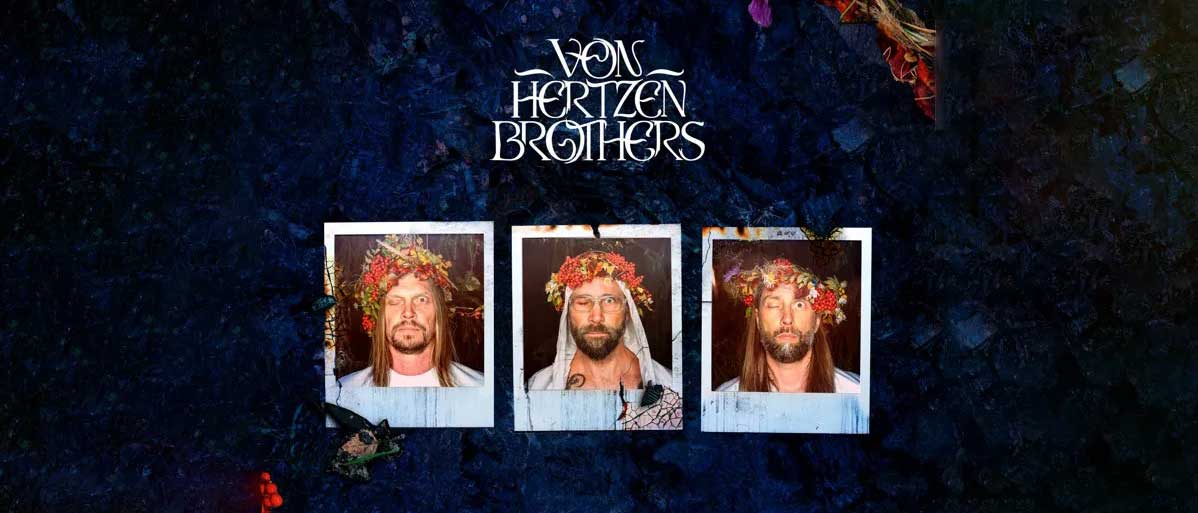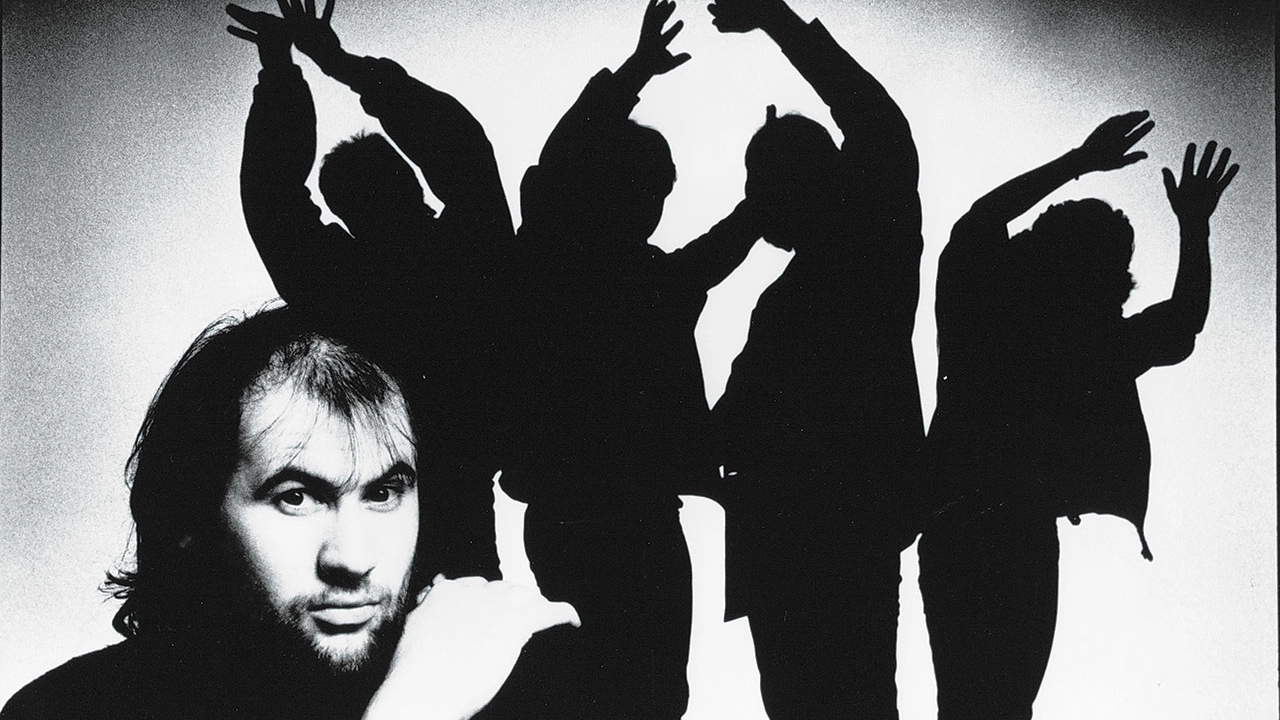You can trust Louder
Finland’s premier progressive siblings continue to walk a tightrope that’s familiar to ambitious art-rock acts the world over: your core audience loves you for the long-form, not always radio-friendly work they first latched on to; but as artists, you don’t want to keep repeating that formula, and you wouldn’t mind attracting the attention of a few fans from outside the prog ghetto.
On recent albums, Von Hertzen Brothers have succeeded skilfully with that balancing act, interspersing their multipart, 10-minute-plus suites with a few snappier, arena-friendly anthems. And, perhaps just as importantly, they’ve retained a thoughtful lyrical substance, whether in the wanderlust themes of 2015’s New Day Rising or 2017’s not-quite-as-simplistic-as-it-sounds War Is Over.
This eighth studio album is perhaps their most thematically focused yet, the title referring to concern over the neglect and wanton destruction of nature, inspired by the Von Hertzens’ rural upbringing. Initially, they address the matter with a righteous urgency, as Day Of Reckoning builds from an eerie lament rich with bewitching multi-part vocal harmonies into a wind-in-the-hair gallop of an anthem, verging on the sturm und drang of power metal.
There’s a contrasting atmosphere on Blue Forest even if the sentiments are linked, as a despondent meditation asks of our natural resources: ‘Why did we leave them to die?’ before tingles of electronica gather intensity to introduce a thunderous maelstrom of electro-goth angst.
The juxtaposition of that kind of sound with the folky fiddle that weaves through the electronically charged pulse of The Promise, then the space shanty of Pirates Of The Raseborgian flanked by the gossamer-soft acoustica of Anil followed by the brass-boosted riffs and hymnal orchestral swell of Elbowed keeps us guessing all the way.
Occasionally they overdo it on the studio dilettantism front: the squelchy synth bass bouncing underneath the 10-minute Peace Patrol sounds more like a hindrance than a help to these ears. But the track that looks likely to get the band most attention is All Of A Sudden You’re Gone, whose simple titular hook reels us in from the first bars, then takes us higher with a soaring, falsetto-fuelled chorus.
or all the twists and turns, though, as the sweetly wistful escape reverie Disappear There closes the album there’s a real sense of a record that has taken a captivatingly scenic route to making its point. And few will want to stop this ride before it reaches its natural end.
Sign up below to get the latest from Classic Rock, plus exclusive special offers, direct to your inbox!
Johnny is a regular contributor to Prog and Classic Rock magazines, both online and in print. Johnny is a highly experienced and versatile music writer whose tastes range from prog and hard rock to R’n’B, funk, folk and blues. He has written about music professionally for 30 years, surviving the Britpop wars at the NME in the 90s (under the hard-to-shake teenage nickname Johnny Cigarettes) before branching out to newspapers such as The Guardian and The Independent and magazines such as Uncut, Record Collector and, of course, Prog and Classic Rock.


